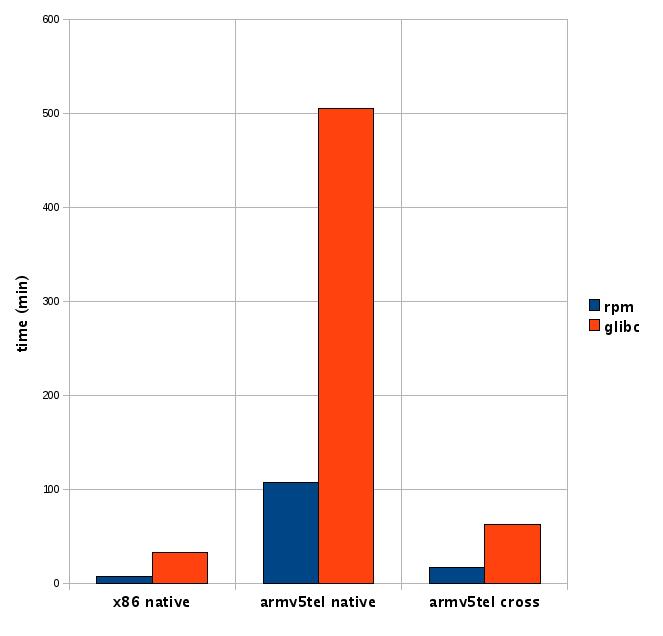Six years ago I was involved with an early predecessor of the openfate feature tracker. I had extended docbook sgml with a few feature tracking tags and it rendered nicely. We stored it in cvs and jointly hacked on the document. It never really got off the ground though, because there was no open source xml editor for Linux beyond emacs.
xml is great: It’s a simple, human- and machine readable serialization. And xml sucks because of all these ankle brackets. You need a tool to edit it.
Now yesterday I’m getting this mail:
Subject: ANN: Serna Free XML Editor Goes Open Source Soon! Help Us Build the Community!
From: Syntext Customer Service <XXXXX@syntext.com>
To: Susanne.Oberhauser@XXXXX
Date: 2009-06-17 17:11:26
Dear Susanne Oberhauser,
We are happy to tell you that our Serna Free XML Editor is going to be open-source software soon! Serna is a powerful and easy-to-use WYSIWYG XML editor based on open standards, which works on Windows, Linux, Mac OS X, and Sun Solaris/SPARC.
We love Serna and wish to share our passion with anyone who wants to make it better. Our mission is to make XML accessible to everyone, and we believe that open-source Serna could enable much more users and companies to adopt XML technology.
It goes on about spreading the news and supporting the transition from just cost free to open source.
I got this mail because I’ve tried Serna five years ago, on the quest for a decent Linux xml editor. Back then it just rendered xml to xsl-fo with xslt, and then you edit the document in that rendered view, as if it was a word document. Serna came with docbook and a few toy examples like a simple time tracking sheet. Meanwhile they’ve added python scripting, dita support, an “xsl bricks” library to quickly creaty your own xslt transforms for your own document schemes, and the tool gathers the data from different sources with xinclude or dita conref and stores the data back to them and on the screen you just happily edit your one single unified document view.
I just hesitated to build an infrastructure around it because it was prorietary. I hate vendor lock-in. And now they want to open source serna!!
If this comes true, serna rocks the boat. It’s as simple as that. With the python scripting Serna is more than an xml editor: it actually is a very rich xml gui application platform, with one definition for print and editing, with wysiwyg editing in the print ‘pre’view. I dare to anticipate this is no less than one of the coolest things that ever happened to the Linux desktop… Once Serna is open source it will be so much simpler to create xml based applications. I guess I’m dead excited 🙂
Serna, I whish you happy trails on your open source endeavour!!
S.
